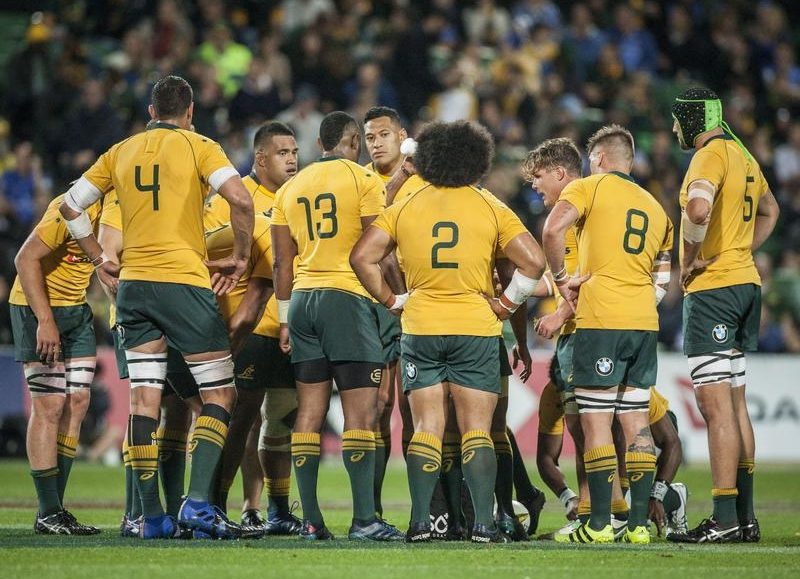
The financial cost of Australian rugby’s horror 2017 has become clearer, with Rugby Australia posting a $7.5 million reversal.
RA’s annual report cites the messy axing of the Western Force amid the Super Rugby restructure and disappointing tickets sales for Wallabies Tests as major factors in the downturn.
RA recorded a surplus of $17.8 million following a $3.7 million surplus in 2016 but the year also included $21.6 million in government funding for the new RA headquarters in Sydney.
Without that one-off injection, RA recorded an operational deficit of $3.8 million.
RA says the decision to reduce Australia’s Super Rugby teams from five to four was made to secure the code’s immediate financial health and allow it to direct more meaningful investment to community rugby.
RA chairman Cameron Clyne says despite about $6 million in one-off costs, more than $3 million was ploughed back into the game.
“Without those one-off costs, we’ll have $12 million in the next two years to reinvest back into the game so that gives us I think a little bit more financial security than we’ve perhaps had previously,” Clyne said after Monday’s annual meeting in Sydney.
He felt improved Super Rugby form by the Australian teams and the imminent visit of newly crowned Six Nations champions and world No.2-ranked Ireland had the potential to boost revenue.
He predicted RA should be able to deliver a profit this year.
“Obviously 2017 was a very difficult year and one we don’t in any way hope to replicate,” Clyne said.
“But I think on-field performance is a huge driver of both revenue and sentiment around the game.”
Returns from the Wallabies’ Test program took a hit in 2017 but Clyne said ticket sales were going well for the June series against Ireland.
“Last year with the British and Irish Lions touring (New Zealand), we had probably a difficult series. Fiji, Italy and Scotland didn’t attract as many fans,” he said.
“But I think we’re very excited about Ireland. That has a real potential to give us a financial boost.”
Among positives noted by RA in 2017 were significant rises in participation rates in women’s sevens and XVs and indigenous rugby, and the establishment of an eight-team Uni 7s series for women.
Former Test captain John Eales will step down as a director in the second half of 2018. Fellow former Wallaby forward Phil Waugh will be nominated as his replacement.





